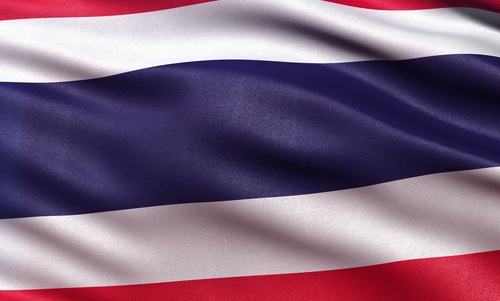The ICJ wrote to Thailand’s Department of Special Investigations (DSI) today further to the latest setback in the enforced disappearance case of Somchai Neelapaijit, who was reportedly abducted by police officers and forcibly disappeared in central Bangkok on 12 March 2004.
Following the Supreme Court’s decision of 29 December 2015 to acquit one police officer and exonerate four others of coercion and robbery, the ICJ wrote to the DSI to urge it to reinvigorate its investigation and provide access to an effective remedy and reparation for Somchai Neelapaijit’s family.
Reminding the DSI of its obligations under international human rights law, the ICJ’s letter drew attention to the fact that enforced disappearance is considered to be a continuing crime until the fate and whereabouts of a ‘disappeared’ person are disclosed or otherwise become known.
12 years have now passed since Somchai Neelapaijit (photo) was abducted in plain sight in the middle of Bangkok.
As the only open channel to justice, the ICJ’s letter underscored the significance of the DSI’s continuing investigation.
At a time when the Royal Thai Government is debating draft legislation that would ‘guarantee prompt, thorough, impartial investigation of any cases of torture and enforced disappearance’, now is the opportune moment to complement these efforts to comply with the International Convention for the Protection of All Persons from Enforced Disappearance.
Thailand’s obligations also include the International Covenant on Civil and Political Rights and the Convention against Torture and Other Cruel Inhuman or Degrading Treatment or Punishment, to which Thailand is a state party.
Enforced disappearance also amount a violation under both of these treaties, which also require that acts constituting enforced disappearance be criminalized and that persons responsibility be brought to justice.
Thailand-DSI Somchai-Advocacy-Open letters-2016-ENG (full text in PDF, English)
Thailand-DSI Somchai-Advocacy-Open letters-2016-THAI (full text in PDF, Thai)

